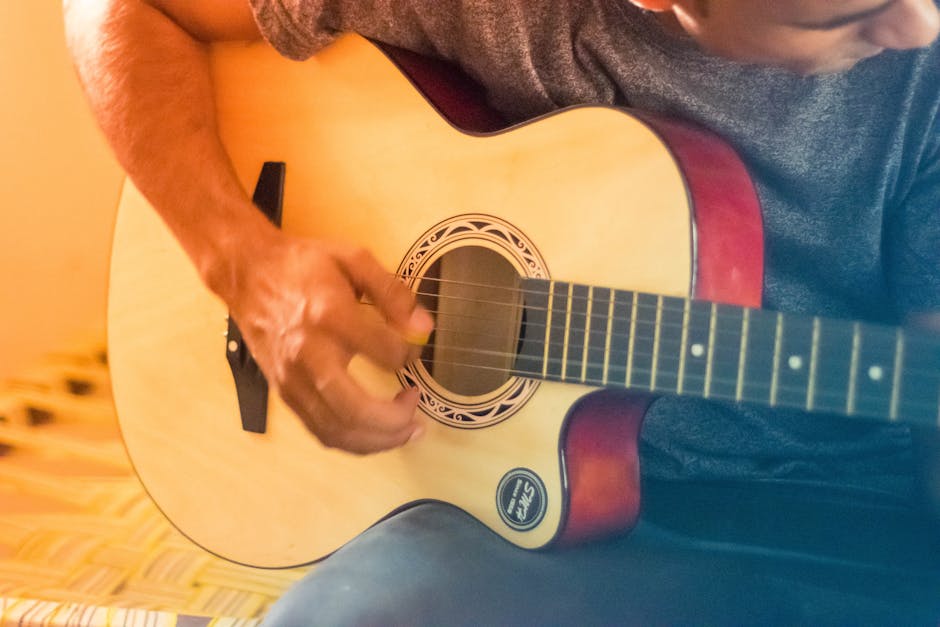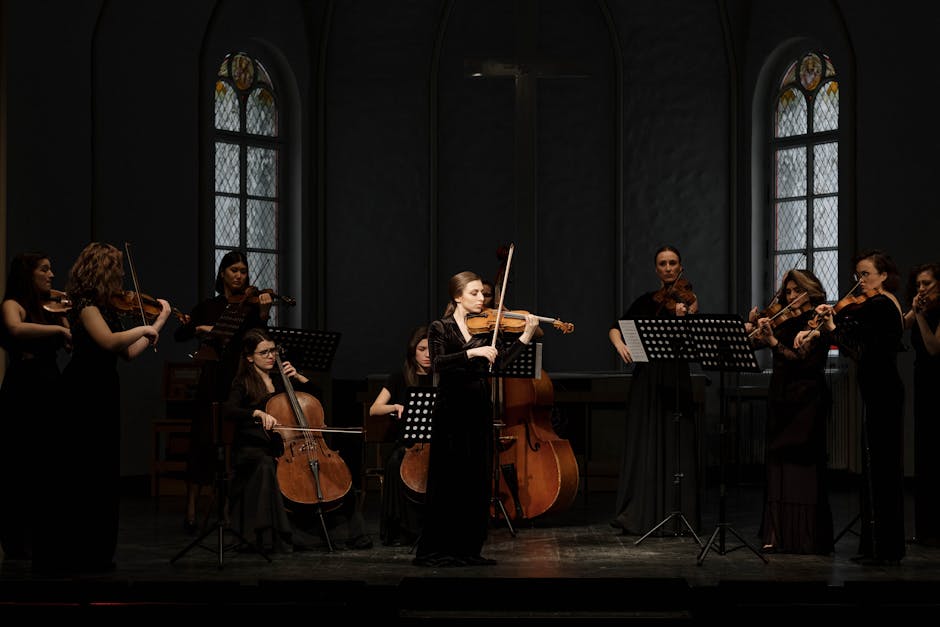Understanding Performance Rights Organizations (PROs) and Their Role in Royalties

Performance Rights Organizations (PROs) play a pivotal role in the music industry, ensuring that songwriters, composers, and publishers receive royalties whenever their music is performed publicly. Whether it's in a concert hall, on the radio, or streamed online, PROs help musicians get paid for their creative works. While many people understand the concept of royalties, few know how PROs operate or why they are essential for creators. For musicians and anyone involved in the music business, understanding PROs can make a significant difference in protecting their work and maximizing earnings.
What Are Performance Rights Organizations (PROs)?
PROs are entities that manage the rights associated with public performances of music. They act as intermediaries between songwriters and businesses that use music, such as radio stations, streaming services, venues, and even restaurants. When these businesses play copyrighted music, they are required to pay a fee to the PROs. The collected fees are then distributed to the rightful owners (songwriters, composers, and publishers) as royalties.
The concept behind PROs dates back to the early 20th century when composers found it difficult to track public performances of their works. Without a centralized system to monitor and collect fees from these performances, many artists were losing out on potential income. This led to the formation of organizations like ASCAP (American Society of Composers, Authors, and Publishers), which was established in 1914 to protect creators’ rights.
Today, there are several major PROs globally, including ASCAP and BMI (Broadcast Music Inc.) in the United States and PRS for Music in the United Kingdom. Each of these organizations operates similarly but may have different membership requirements and royalty distribution processes.
How Do PROs Collect Royalties?
The primary function of a PRO is to collect performance royalties on behalf of its members. These royalties come from various sources where music is played or performed publicly. Examples include:
- Radio stations (both terrestrial and online)
- Television networks
- Streaming platforms (like Spotify or Apple Music)
- Live performances at venues
- Public spaces such as bars, clubs, and restaurants
When a business or organization wants to use music for public performance, it must first obtain a license from a PRO. This license grants them permission to use any of the songs within that PRO’s catalog. In return for this permission, businesses pay licensing fees based on factors like audience size or frequency of music usage.
The revenue generated from these licenses is then pooled by the PRO. After deducting operating costs, the remaining funds are distributed as royalties to songwriters, composers, and publishers based on data collected about how often their works were used.
Types of Royalties Managed by PROs
While many people associate music royalties with album sales or downloads, performance royalties represent a distinct category of income for artists. These are earned whenever a piece of music is played publicly but exclude mechanical royalties (which are tied to physical sales or digital downloads). Here’s an overview of some key types:
- Public Performance Royalties: These are paid when music is performed live or broadcasted via radio or television.
- Streaming Royalties: Paid when songs are streamed on platforms like Spotify or YouTube.
- Sync Licensing Fees: Although not directly managed by most PROs, some organizations assist with securing sync licenses for using music in films or advertisements.
It's important to note that different countries have varying rules for collecting and distributing royalties. For instance, while ASCAP primarily focuses on U.S.-based performances, it has reciprocal agreements with international PROs to ensure that American artists receive compensation when their works are performed abroad.
The Importance of Joining a PRO
If you’re a songwriter or composer looking to protect your work and ensure you receive fair compensation for its public use, joining a PRO is one of the most effective ways to do so. Most professional musicians become members of one early in their careers since it’s nearly impossible to manually track every performance of your music without external assistance.
For example, if you’re an independent musician whose song gets picked up by a popular radio station or included in Spotify playlists without being part of a PRO’s roster, you could miss out on significant earnings simply because there’s no system in place to monitor those plays and collect your share of royalties.
The process for joining varies slightly depending on which organization you choose. In the U.S., ASCAP charges a one-time $50 membership fee for songwriters while BMI membership is free but takes an administrative cut from collected royalties instead. Both organizations provide similar services but may have different methods for calculating distributions.
The Role of Technology in Tracking Music Usage
One challenge faced by PROs historically was accurately tracking how often songs were performed publicly. This process has become far more efficient with advances in technology. Modern tracking systems use digital fingerprinting software that can identify specific songs played on radio stations or streaming platforms automatically.
This technology ensures that royalty payments remain fair and transparent since artists are compensated based on actual usage rather than estimates made through manual monitoring methods like surveys or self-reporting from venues.
| PRO | Country/Region | Notable Members |
|---|---|---|
| ASCAP | United States | Beyoncé, Justin Timberlake |
| BMI | United States | Taylor Swift, Lady Gaga |
| SOCAN | Canada | Celine Dion, Drake |
| PRS for Music | United Kingdom | Adele, Ed Sheeran |
The Global Reach of Performance Rights Organizations
The global nature of today’s music industry means that artists can have their songs played anywhere, from small cafes in Tokyo to major festivals in Europe. Thanks to reciprocal agreements between international PROs like SOCAN in Canada and PRS for Music in the UK, creators can collect royalties no matter where their work is performed around the world.
This ensures that artists don’t miss out on revenue just because their audience extends beyond national borders. If you’re registered with one PRO in your home country but your music gains traction overseas, you will still receive payment through these international partnerships.
Why Understanding PROs Matters
For creators in the music industry (whether seasoned professionals or budding talents) understanding how Performance Rights Organizations operate is crucial. They provide essential services that protect intellectual property rights while helping musicians earn income from their work whenever it's used publicly.
The role that these organizations play extends beyond just royalty collection; they also advocate for fair compensation within the industry globally. By joining a reputable PRO like ASCAP or BMI and staying informed about how these groups operate both domestically and internationally, musicians can better safeguard their careers while ensuring they receive proper recognition for their contributions to art.
